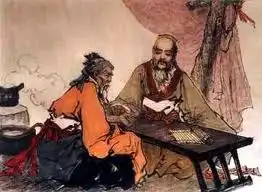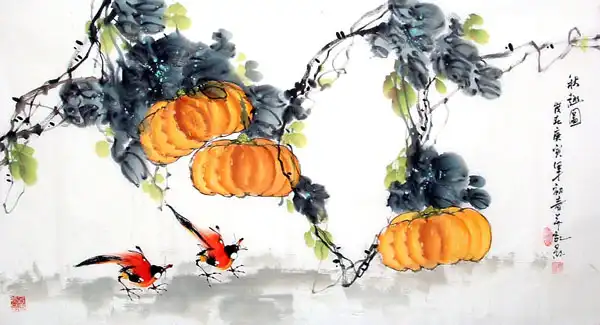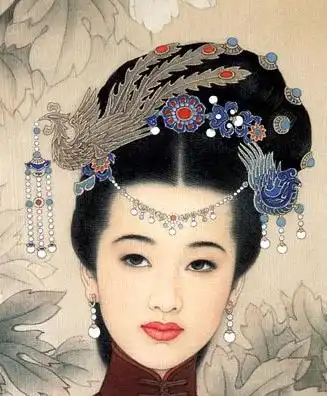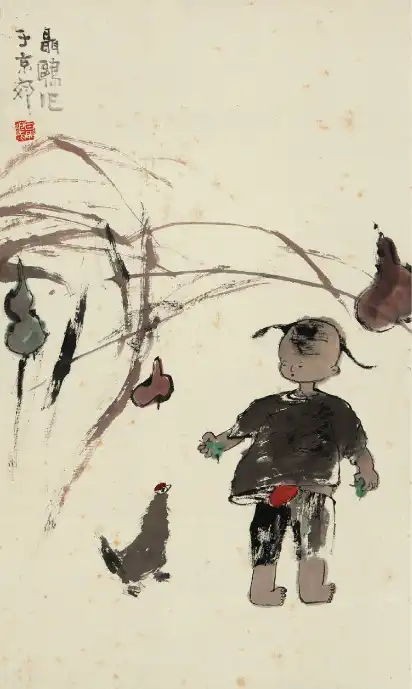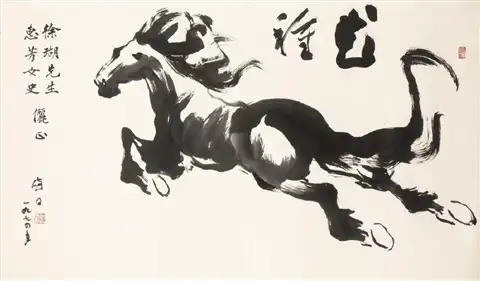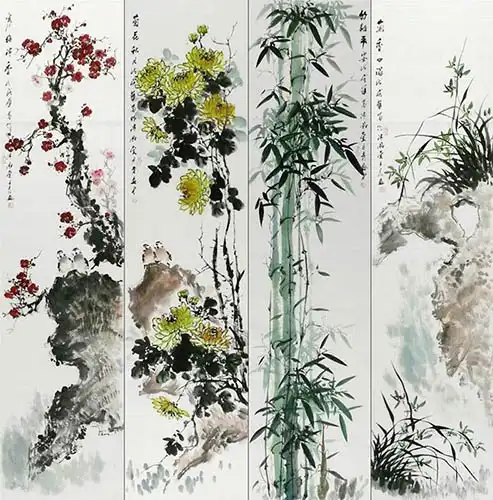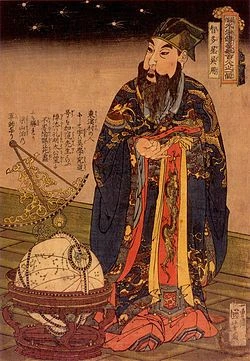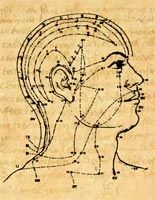Introduction to the disharmony
Major symptoms:
- Liver Qi stagnation symptoms - distention or pain under the ribs, breast tenderness, depression, irritability, mood changes
- Liver overacting Spleen symptoms - poor appetite, abdominal distention, epigastric pain, feeling of pulsation in the epigastrium, sour regurgitation, nausea, belching, diarrhea or constipation
- Liver insulting the Lung symptoms - stifling sensation in the chest, sensation that inhaling is insufficient, coughing, wheezing, labored breathing
Note: To understand the term "Qi", thus to get a better grasp of the following disharmony, we encourage our readers to review the short materials What is Qi and The Concept of Qi in Traditional Chinese Medicine in the Vitality chapter.
In traditional Chinese medicine the Liver is the organ that governs the smooth flow of Qi throughout the whole body. To be in a good state of health – physically and emotionally - one needs to have a smooth, uninterrupted flow of Qi in both body and mind. When the Qi flows continuously and in the proper direction the body organs function properly and the overall physical and psychological states are harmonious. If the Qi ceases to flow smoothly one becomes unbalanced on both mental and physical planes. Since the Liver governs the smooth flow of Qi when the Qi stagnates the Liver becomes unbalanced. And vice versa - if the Liver is unbalanced - the Qi, which is controlled by the Liver, will stagnate. In both cases the diagnosis is called "Liver Qi stagnation". Symptoms of Liver Qi stagnation are distention or pain under the ribs and tender breasts in women, caused by the Qi blockage. On emotional level Liver Qi stagnation manifests in depression, irritability and mood changes.
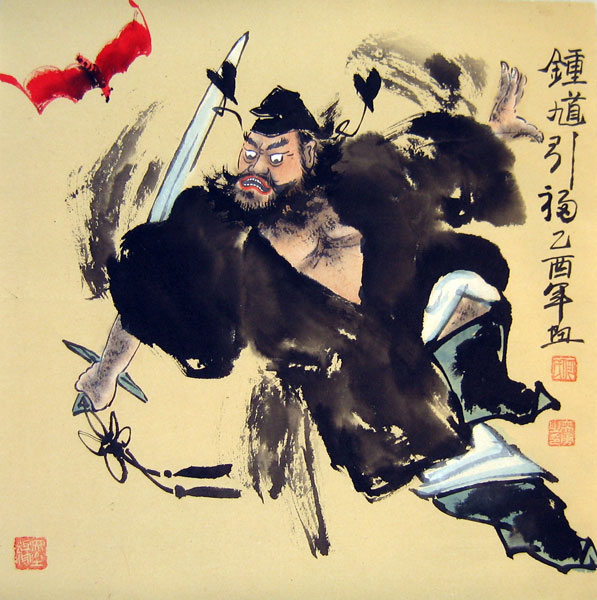
When the Liver becomes stagnated and overactive it turns into a bad neighbor and starts assaulting other organs and systems. Its biggest victim is the Spleen.
Note: In traditional Chinese medicine the concept of the Spleen differs from the understanding of the spleen in Western medicine. In TCM main function of the Spleen is the transformation of food into "food essence". The symptoms of an imbalanced Spleen point to imbalance in the digestion. So in order to avoid confusion whenever we refer to the Spleen we will consider the collective work of some organs and systems that participate in the transformation and the transportation of nutrients and fluids, rather than solely focusing on the organ spleen as defined in Western science.
When the Liver "overacts" the Spleen symptoms include poor appetite, abdominal distention, epigastric pain, feeling of pulsation in the epigastrium, sour regurgitation, nausea, belching, diarrhea or constipation. Another victim of the Liver is the Lung. When the Liver assaults the Lung the Qi of the Lung stagnates manifesting in symptoms such as stifling sensation in the chest, sensation that inhaling is insufficient, coughing, wheezing, labored breathing.
The herbs used in this category have moving quality and address one or more of the organs affected by Qi stagnation. They are rarely used alone and are often combined with herbs that address other disharmonies which usually accompany Qi stagnation. (1)
Major Chinese herbs
Two main herbs used to move the Qi in Chinese medicine are peels of tangerine. Chen Pi and Qing Pi (both belonging to Citrus reticulata) are aged peel and green peel of tangerine. Chen Pi benefits the Spleen/Stomach partnership and the Lung, and relieves Qi stagnation symptoms in these organs. It also dries dampness and is very useful for phlegm in the Lung (productive cough) and dampness in the Spleen (poor energy, feeling of heaviness, fatigue, loose stool). Qing Pi on the other hand enters the Liver/Gall Bladder partnership and benefits Qi stagnation in the Liver, manifesting in symptoms such as distention and pain under the ribs, or hernial pain. As it also dries dampness it is used for damp-phlegm with malarial disorders. (1)
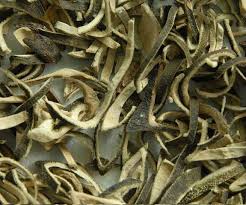
Another herb that is derived from citrus fruit is Zhi Shi (Citrus aurantium). The immature fruit of bitter orange moves Qi and also directs the Qi downwards, making it very beneficial for constipation due to Qi stagnation. Being a citrus herb it also benefits phlegm and is used to clear phlegm from the chest and epigastrium. Fo Shou (Citrus medica) is a fourth citrus herb in this category. The finger citron fruit harmonizes the Qi in all organs that suffer from Qi stagnation – the Liver, the Lung, the Stomach and the Spleen. Just like the other citrus herbs it also dries dampness and transforms phlegm.
Four herbs in this class contain the character “xiang”. "Xiang" means “incense” if we translate it as a noun or “fragrant/aromatic” if we translate it as an adjective. Xiang Fu (Cyperus rotundus) - “aromatic appendage” is an intensely moving herb, used for Liver Qi stagnation, especially in gynecological disorders caused by this disharmony, such as painful or irregular menstruation. Mu Xiang (Aucklandia lappa) translates to “wood fragrance” and benefits as well as prevents Qi stagnation, therefore is used together with tonifying herbs, as they can be heavy and stagnating. Chen Xiang (Aquilaria agallocha) - “sinking fragrance” and Tan Xiang (Santalum album) – heartwood of sandalwood are aromatic herbs that both promote the movement of Qi and ease pain.
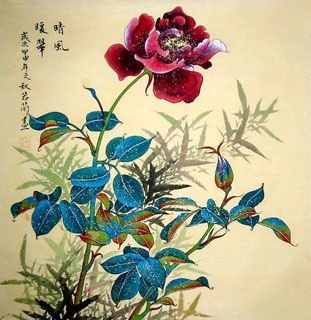
Mei Gui Hua (Rosa Rugosa) - Chinese rose - is picked when the flowers have just opened. It moves Qi and also moves blood, thus is good for menstrual pain due to blood stasis or blood stasis caused by trauma. Chuan Lian Zi (Melia toosendan) is pagoda tree fruit that moves Qi but being toxic it also kills roundworms and tapeworms. Li Zhi He (Litchi chinesis) – the delicious Lychee nut, native to southern China, Taiwan, Bangladesh and Southeast Asia but now known throughout the whole world, regulates the Qi in the Liver and Stomach and is beneficial for testicular and hernia pain. Xie Bai (Allium macrostemon) – macrostem onion – is a warming herb that warms the chest and expels turbid phlegm, Da Fu Pi (Areca catechu) – areca peel – dries dampness, especially in the Stomach and Intestines. (1)
Healing foods
Foods that have moving quality are moderately pungent foods.
To unlock the rest of this article select "Yes, I want to learn!" below.
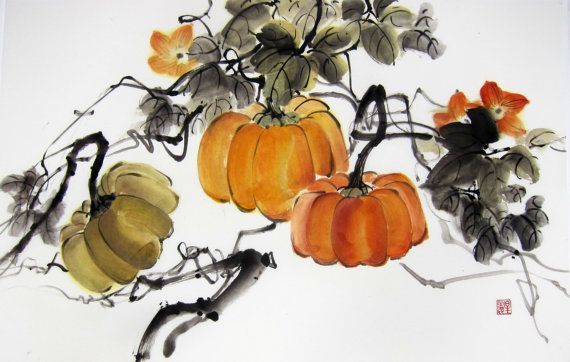
Food therapy is the most economical and non-toxic biochemical approach to health and disease. Food is something we continuously use to sustain our lives. Learning what foods are healing (and what disruptive) for each condition has the potential to convert every meal into a form of therapy.
YS
(1) Benski, Dan & Gamble, Andrew (1993). Materia Medica, Revised Edition. Seatle: Eastland Press, Incorporated
(2) Pitchford, Paul (2002). Healing with Whole Foods. Berkeley: North Atlantic Books
Related Articles:
The Concept of Qi in Chinese Medicine
Stagnated Liver Qi
Note: This site and its services are to consumer educational use only. Nothing contained in this site is or should be considered, or used as a substitute for medical advice, diagnosis or treatment. We advise users to always seek the advice of a physician or other qualified professional with any questions regarding personal health and medical condition. Please read our Disclaimer

